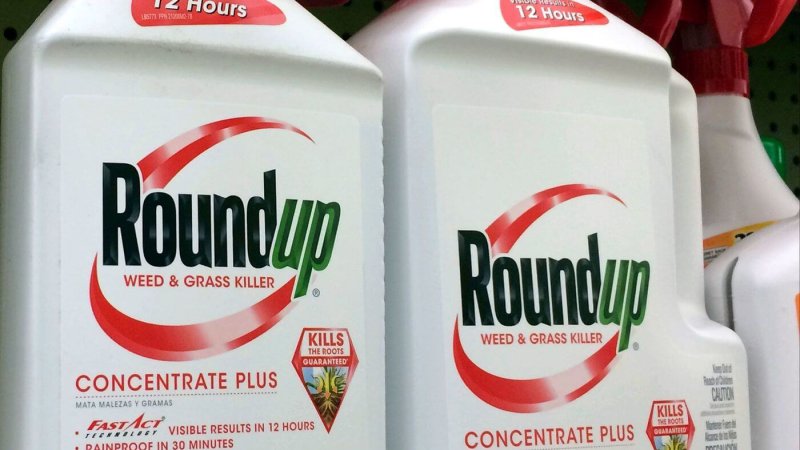“Total fear and shock.” That’s how Andrew Kniss, a weed scientist at the University of Wyoming in Laramie, describes the reaction of farmers to recent courtroom defeats suffered by [Bayer,] a leading manufacturer of glyphosate, the world’s most widely used herbicide …. The scientists and farmers “are really nervous that these verdicts and public perception could cause them to lose this tool.”
…
But many companies are ramping up their R&D efforts. “I expect within the next decade we’ll see several new modes of action on the market,” says Stephen Duke, a plant physiologist with the U.S. Department of Agriculture in Oxford, Mississippi.
Some new candidates were described this week at a meeting of the International Union of Pure and Applied Chemistry in Ghent, Belgium, including a biopesticide Duke is studying called MBI-014. Under development by Marrone Bio Innovations in Davis, California, MBI-014 is made by bacteria and includes several compounds that attack plants in new ways, such as by interfering with RNA production, which disrupts protein synthesis.
Read full, original article: Costly cancer lawsuits may spur search to replace world’s most common weed killer































